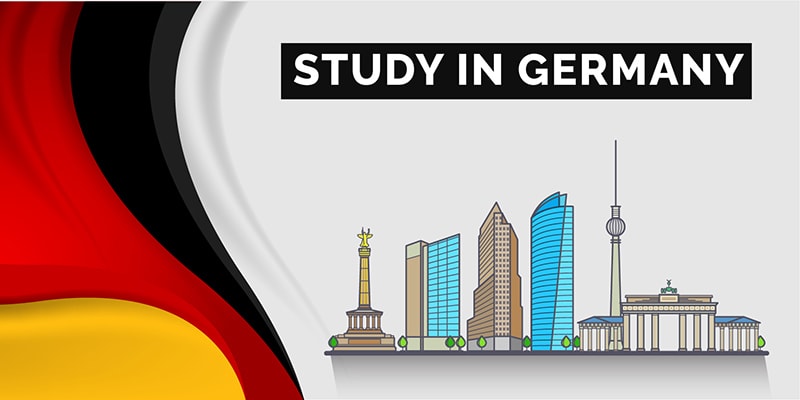Study Your Masters in German for Free.

Yes, you read that right. Imagine studying for your Master degree in a country known for its world-class education, vibrant culture, and nearly tuition-free public universities! Sounds like a dream, right? Well, this dream is very much within your reach, and you don’t have to spend lakhs on consultants to make it happen.
With a bit of planning, determination, and the right guidance, you can embark on a life-changing journey to do your masters in Germany without burning a hole in your pocket. Here’s how.
Why Germany?
Germany is a top destination for international students, especially those seeking high-quality education without the burden of hefty tuition fees. Most public universities in Germany do not charge tuition fees for Master’s programs, even for international students. This opportunity is particularly appealing to engineering graduates, but with the right portfolio and credit score, graduates from other fields can also take advantage of this offer.
Start Early – The First Trick
The process of applying to German universities can be time-consuming, so it’s crucial to start early. Ideally, begin preparing during your 7th semester of undergraduate studies. The earlier you start, the smoother the process will be. Here’s a step-by-step guide to help you navigate the process:
Step 1: Research and Course Selection
Choosing the right course is the foundation of your application.
- Identify Your Area of Interest: What do you want to specialize in? Your Master’s program should align with your career goals. The Deutscher Akademischer Austauschdienst (DAAD), the German Academic Exchange Service website is an excellent resource for exploring courses, scholarships, and universities.
- Research Universities: Germany has numerous public universities that offer tuition-free education. Look for universities that are known for your desired field. Each university may have slightly different criteria, so research thoroughly.
- Check Eligibility Criteria: Ensure you meet the specific requirements for international students. Most programs require an IELTS score of 6.5, and while knowledge of German (A1 to B2 level) is preferred, it’s not always mandatory.
Step 2: Prepare for Language Proficiency
Language skills are crucial for your application.
- IELTS Preparation: Start preparing for IELTS during your 7th semester, as the score is valid for two years.
- Learn German: While many programs are taught in English, learning German can significantly enhance your experience and increase your chances of admission. Get your hands on it from your 2nd year to gain proficiency.
Step 3: Application Process
Now comes the paperwork.
- Apply for APS: The APS (Academic Evaluation Centre) certificate is essential for Indian students. It verifies the authenticity of your academic records. You can apply for APS after receiving your course completion, provisional, and degree certificates. The process may take 15 to 60 days, so plan accordingly.
- Gather Necessary Documents: Prepare all required documents, including your APS certificate, academic transcripts, letters of recommendation, a statement of purpose, and proof of financial resources (blocked account). Students with over 80% academic scores have higher chances of admission.
- Submit Your Application: Apply directly to your chosen universities through their online portals. Keep in mind that some universities may charge an application fee.
- Await Acceptance Letter: Once you’ve submitted your application, the waiting game begins. If accepted, you’ll receive an admission letter, which usually takes between 3 to 12 weeks.
Step 4: Financial Planning and Visa Application
Securing your finances and visa is the final step.
- Open a Blocked Account: This account is a requirement to prove you have sufficient funds to support yourself during your studies. The current required amount is approximately INR 11.5 lakhs, though this is subject to change.
- Apply for a Visa: Use the VIDEX system for online visa applications and book an appointment at least 60 days in advance. You’ll need to visit the Visa Facilitations Services in person with all necessary documents.
What Next?
While this process may seem daunting, remember, thousands of students have successfully navigated it before you, and so can you! Learning German and preparing for IELTS doesn’t have to break the bank. Seek affordable language classes and consider free counseling and visa guidance services to help you through the process. If you still find it challenging, there’s assistance available to help you every step of the way with our experts.
Don’t let the fear of the unknown hold you back. All the best.
